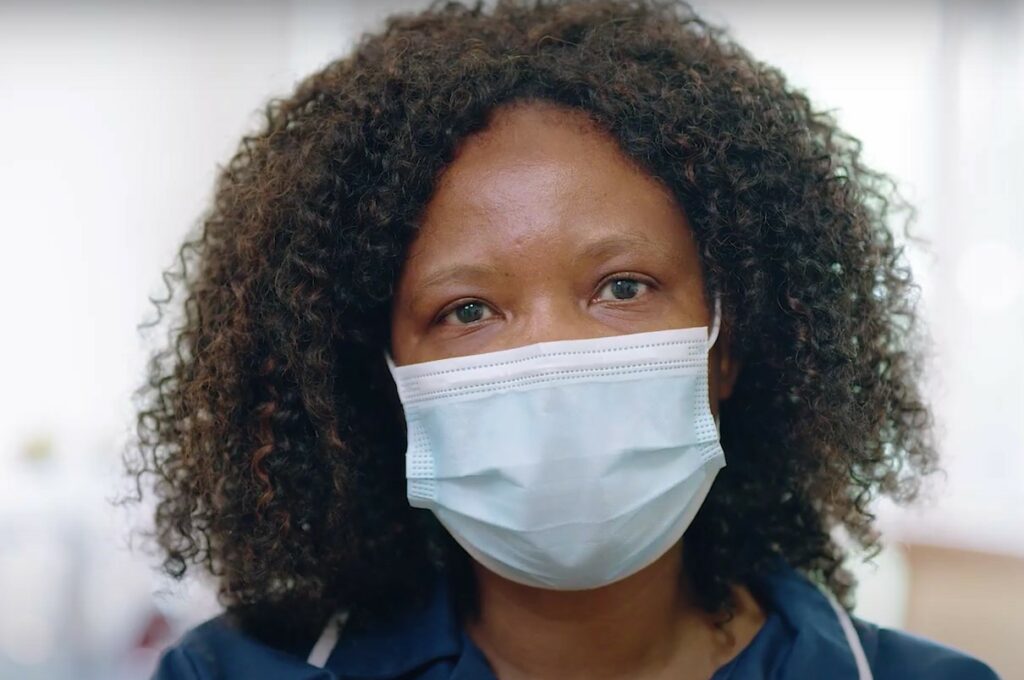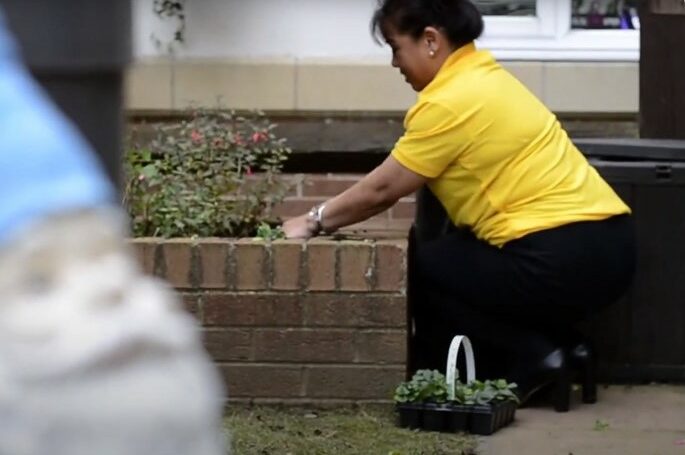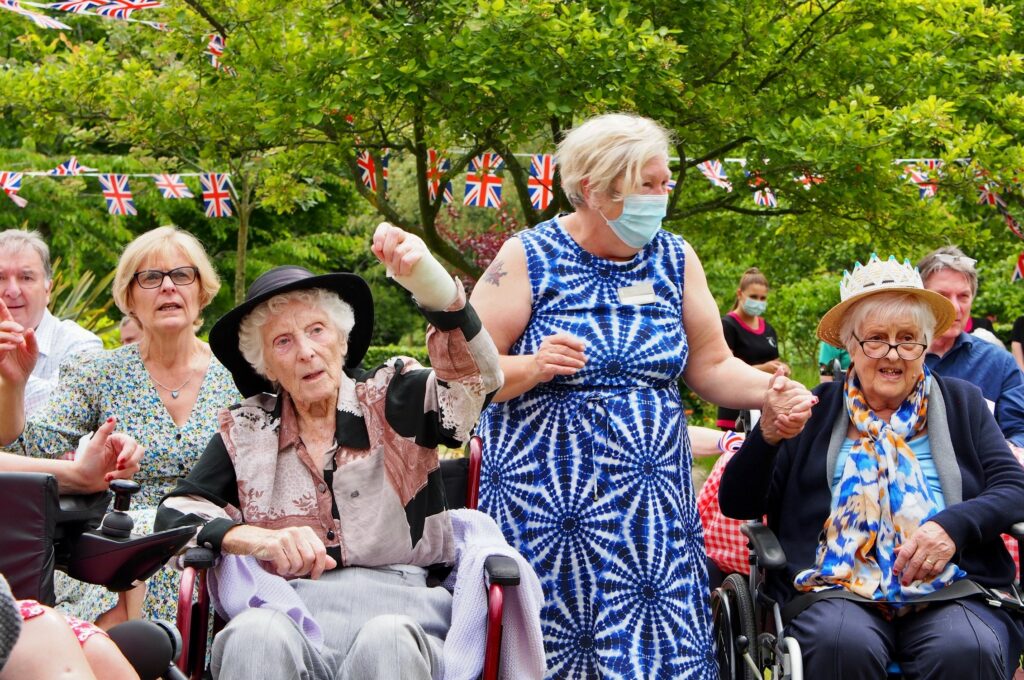Care and support
Social care apprenticeship schemes are a hugely rewarding and effective way to recruit and retain high quality staff. Find out how Cygnet Health Care's own career pathway has helped new recruits become registered mental health nurses, with more routes to satisfying roles coming soon.
Life may seem to be back to normal, but COVID-19 and its many variations have not gone away. A growing number of people are sadly suffering the reality of that statement, each and every day, with symptoms of Long COVID.
Vickie Peters, Deputy Director of Infection Prevention and Control at Cygnet Health Care, explains what the healthcare company is doing to protect its service users and staff from the impact of seasonal flu and the potential resurgence of COVID-19.
If you want to know why we present Chief Nurse for Adult Social Care Awards throughout the year, you could do no worse than read this lovely blog from Peer Quality Manager, Mark Bird. He is just one of many colleagues making the care sector a great place to work, supporting and inspiring others, each …
You don’t have to be a fan of Game of Thrones to know ‘winter is coming’. And while we might wish we had a few fire breathing dragons around to help with the heating, the issues we face as a health and care system require some real world resolve and practical solutions to match.
Making sure vaccination consent is in place for staff and care home residents ahead of the autumn COVID-19 booster programme is essential. As Deborah Sturdy, Chief Nurse for Adult Social Care says in her latest blog: "The ever present threat of new, more infectious, variants demands there be no complacency."
“It’s been life-changing having my homesharer living here... It really has made a positive change in my life having someone so kind and friendly around and knowing I am not alone.” Deborah Fox, Head of Homeshare UK, shares this and other testimonies about a truly beneficial model of care.
Hallmark Care Homes has proudly supported Care Home Open Week for many years and whilst they did their best to virtually open our doors last year to members of the local community, there is no comparison to meeting caring and committed teams in person. Find out more...
Social care is a deeply important and critical part of society. However, it faces a huge uphill battle in being seen and understood as the vital service it truly is. This month’s Care Home Open Week can play a part in raising wider awareness of its value.
Learning Disability Week, in common with many awareness raising events this year, focuses on post-pandemic reconnection. People with learning disabilities and those who support them continue to process the difficulties of the last two years and reacquaint themselves with society.









